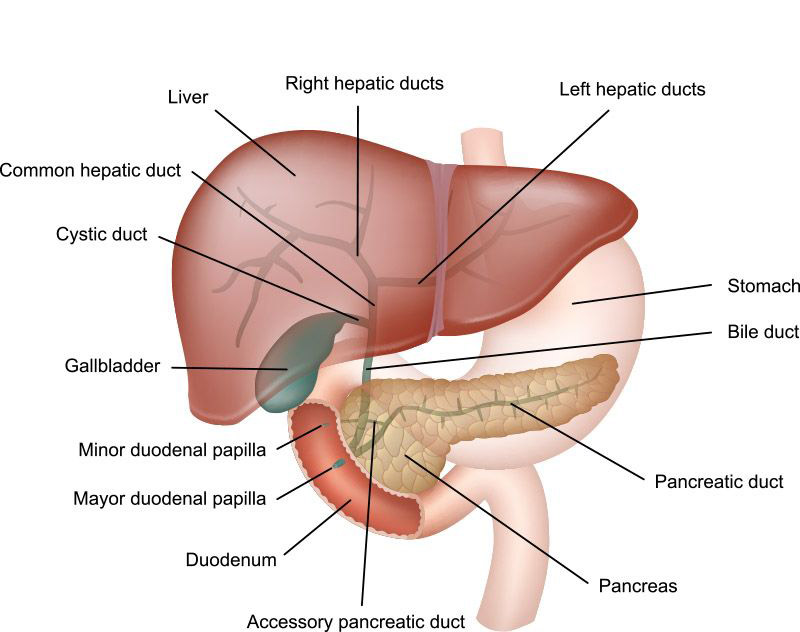
Liver transplant has been performed at Tulane with great success since 1997, continuing to grow each year with outstanding results that exceed the national average. Liver transplant is one of the most physiologically significant operations that anyone can undergo. It involves surgically replacing the diseased liver with one from a suitable donor in order to restore normal liver function.
This gift of new life brings its own set of potential complications and requires lifelong medications to prevent rejection. Liver transplantation is considered for people in situations such as these:
- When other medical or surgical treatments have failed to correct the life-threatening problems caused by cirrhosis
- To treat some cancerous tumors of the liver or bile ducts such as hepatocellular carcinoma or cholangiocarcinoma
- To correct abnormalities in metabolism or anatomical function that may limit long-term health and are cured by liver transplant
Non-Transplant Liver & Biliary Surgery
Our expertise and technology extend well beyond transplant as our surgical staff are highly trained hepatobiliary surgeons. Our multidisciplinary team provides our patients with many options for treating their tumor whether in the operating room or the radiology suite. We have the most up-to-date therapies available for our patients including advanced minimally invasive procedures, chemoembolization, microwave ablation, transarterial radioembolization, and stereotactic body radiotherapy.
Tulane Liver Disease Management Program
The Tulane Liver Disease Management Program at Tulane Transplant Institute provides physicians and their patients with an effective approach to diagnosis and treatment of early stage liver dysfunction and/or failure. Our comprehensive approach to diagnosis and treatment of liver disease, provides a full spectrum of services in a holistic setting. Our team approach to treatment works effectively across scientific and clinical disciplines to produce optimum treatment outcomes.
Medical Services
- Consultation and diagnostic capabilities for all liver and biliary disease, including the non-invasive FibroScan® test
- Interdisciplinary approach to hepatobiliary tumors
- Locoregional therapies for liver cancer: chemoembolization (TACE), ablation, and radioembolization of tumors
- Access to clinical trials for combination systemic therapy and locoregional therapies for hepatocellular carcinoma (HCC) (primary liver cancer)
- Transjugular intrahepatic proto-systemic shunt (TIPS)
- Percutaneous biliary tract imaging and manipulation
- Viral hepatitis treatment
- Treatment for fatty liver disease (NASH) with access to clinical trials
- Treatment for cholestatic liver disease (primary biliary cholangitis, PSC) with access to clinical trials
Surgical Services
- Liver transplantation
- Hepatobiliary surgery (benign and malignant tumors)
